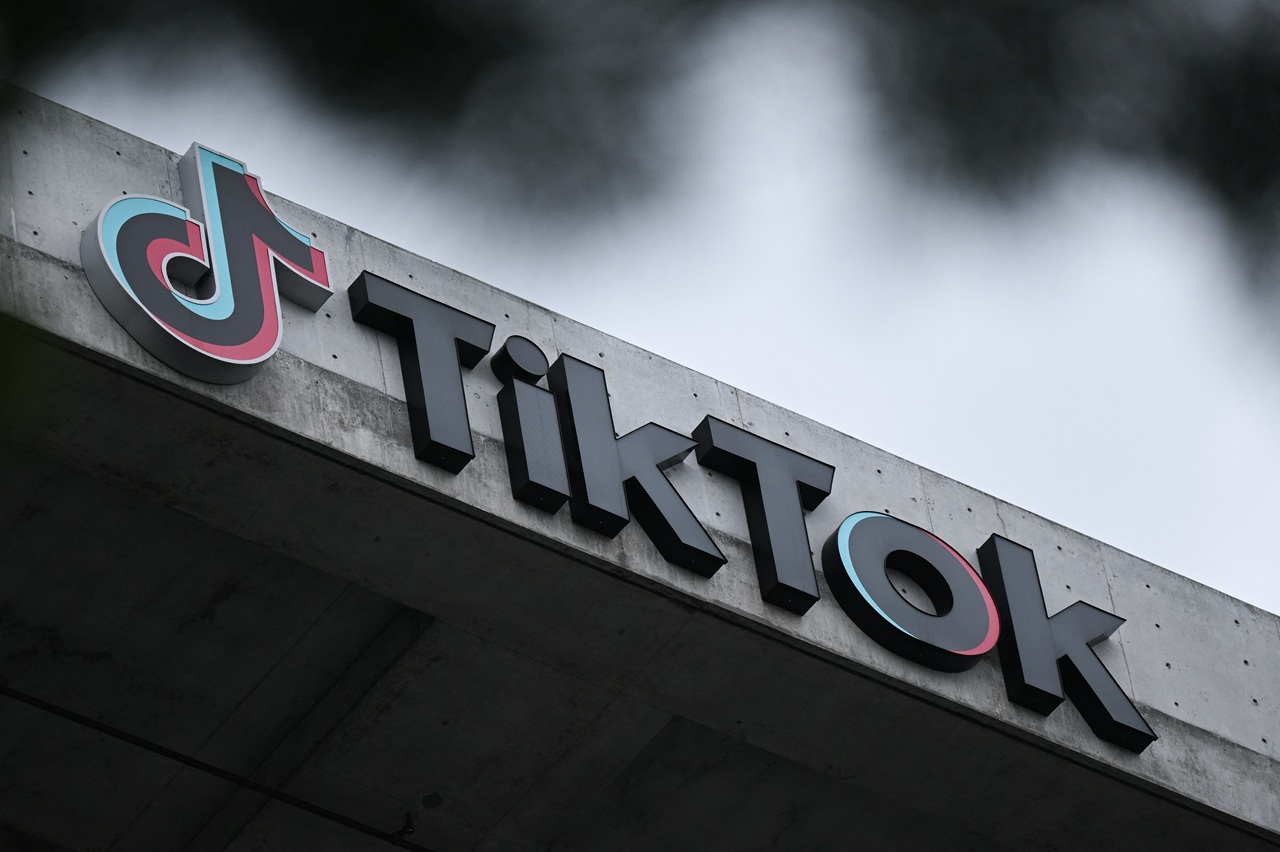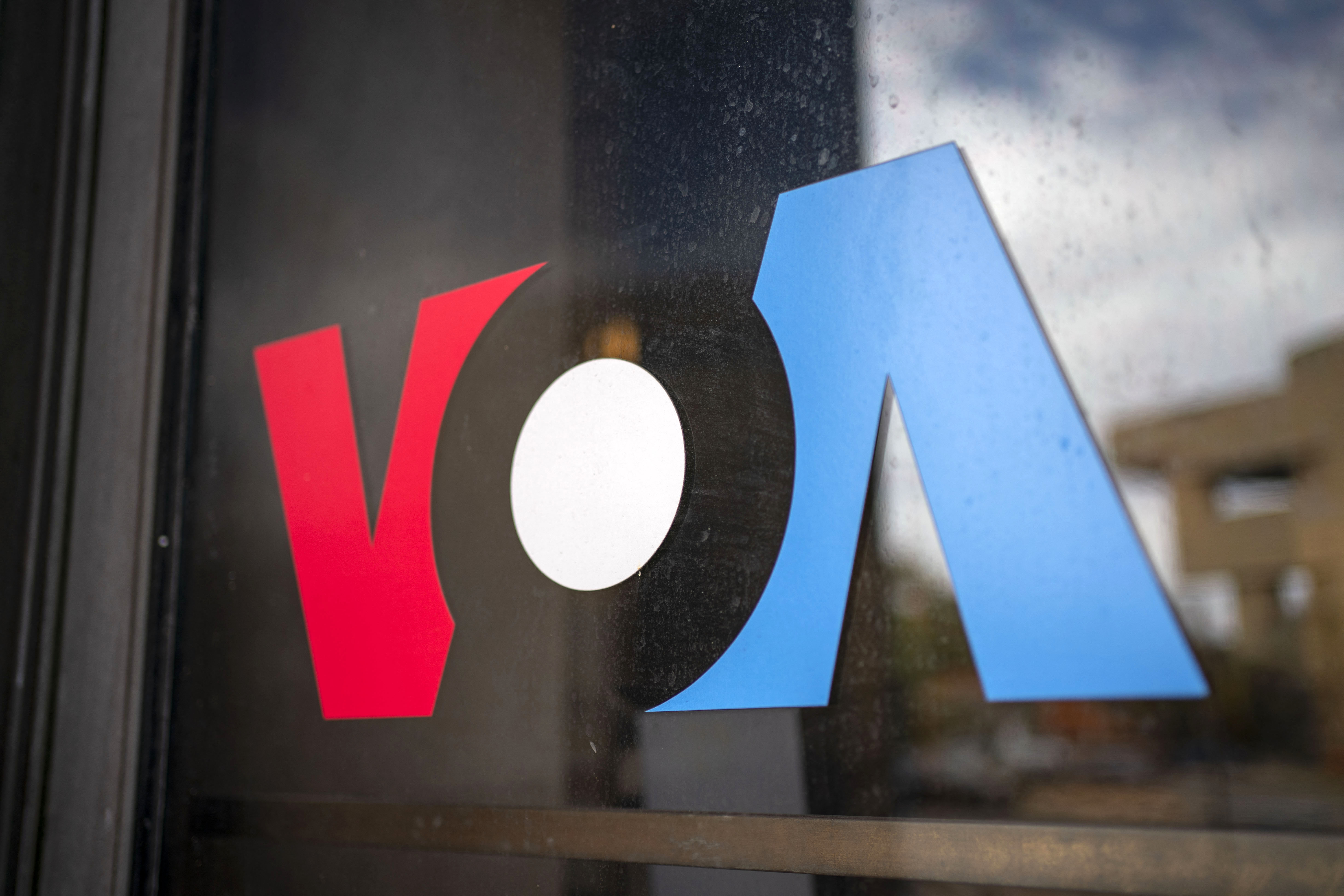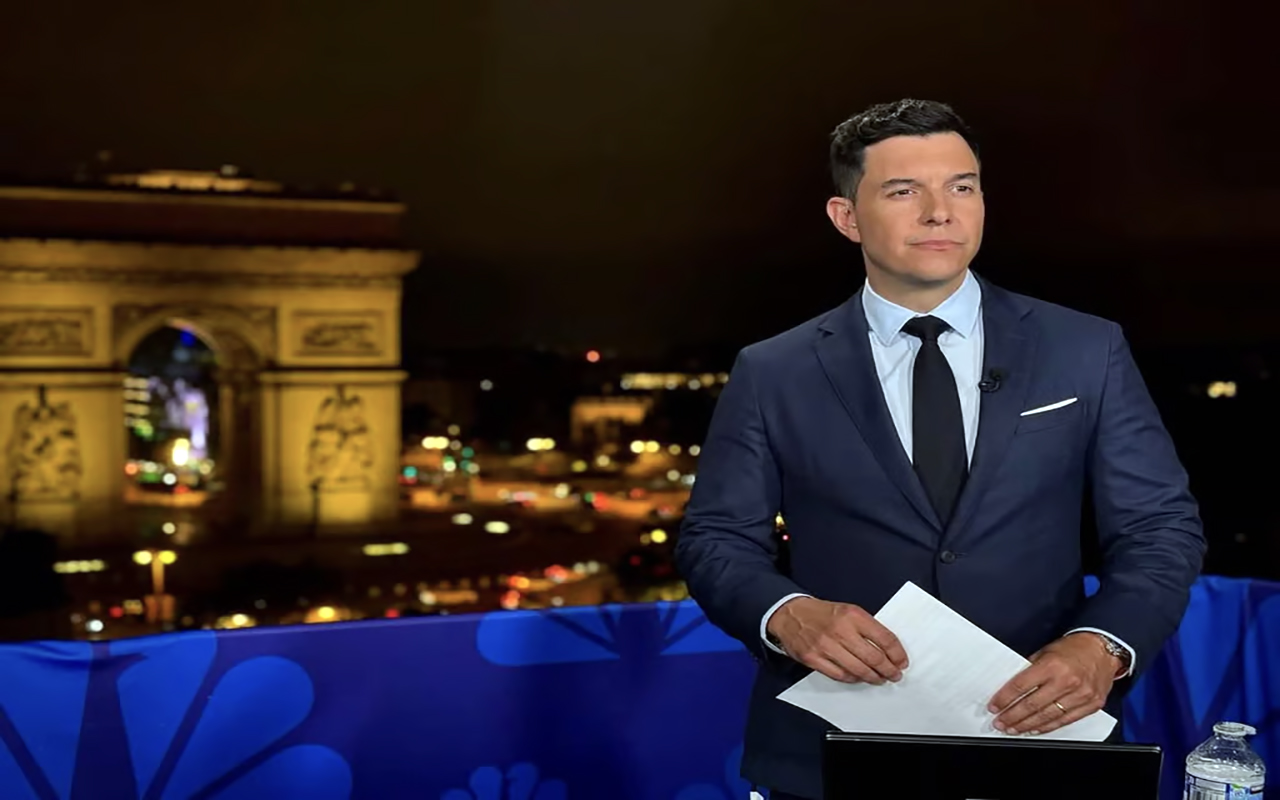
What Would a World Without TikTok Be Like?
A hearing was held this Friday in which the highest court in the United States heard arguments for and against the network.
The popular video-sharing platform TikTok faces a critical juncture as the U.S. Supreme Court deliberates on a decision that could reshape its future in the country. At the heart of the case is a law requiring TikTok’s Chinese parent company, ByteDance, to sell the app or risk its shutdown in the U.S. This decision carries significant implications for the tech industry, U.S.-China relations, and First Amendment rights.
Supporters of banning TikTok or forcing its sale argue that the app poses a severe national security threat. For years, U.S. officials have claimed that TikTok could collect sensitive user data and share it with the Chinese government. While ByteDance and Chinese authorities deny these allegations, mistrust remains high.
Justice Samuel Alito underscored during oral arguments that a foreign government, particularly one considered an adversary, should not have free speech rights in the U.S. This concern is not new; in 2020, the Trump administration attempted to ban TikTok on similar grounds, though courts blocked the effort.
In April 2024, Congress passed legislation requiring ByteDance to divest TikTok. President Joe Biden signed the law, setting January 19, 2025, as the deadline for compliance. Proponents of the law argue that such measures are essential to safeguarding U.S. digital sovereignty and curbing potential espionage or propaganda efforts.
Opponents of the ban warn that the measure could amount to censorship and have far-reaching implications for free speech in the U.S. TikTok has filed a brief with the Supreme Court arguing that shutting down the platform would silence millions of Americans who use it to discuss politics, commerce, arts, and other public-interest topics.
TikTok’s attorney, Noel Francisco, emphasized that forcing the platform’s sale violates the First Amendment. According to Francisco, “this case ultimately comes down to free speech” since TikTok enables the exchange of ideas among its users. The influential American Civil Liberties Union (ACLU) has also voiced concerns, stating that banning TikTok could set a dangerous precedent for government censorship.
Another concern is the potential impact on U.S.-China relations, particularly in a context of strategic competition between the two nations. Critics also argue that banning TikTok could alienate millions of U.S. users, especially younger demographics, who have integrated the platform into their daily lives and modes of expression.
RELATED CONTENT
Curiously, President-elect Donald Trump, set to begin his second term on January 20, has shifted his stance on TikTok. In a recent interview, Trump expressed support for the platform, stating, “I’m now in favor of TikTok because you need competition” in the digital market. This marks a notable departure from his first term when he sought to ban the app over national security concerns.
Trump’s attorney, John Sauer, has asked the Supreme Court to delay the January 19 deadline, allowing the incoming administration to explore a political resolution to the issue. This shift in narrative could influence the Court’s final decision, though it remains uncertain.
The future of TikTok in the U.S. hangs in the balance. If the Supreme Court upholds the law, ByteDance will be required to sell the app or face its closure in the U.S. This decision would affect not only millions of users but also content creators and businesses that rely on TikTok as a marketing and communication tool.
Conversely, if the Court rules in TikTok’s favor, the decision could be seen as a victory for free speech but may draw criticism from those concerned about the app’s potential national security risks.
The Supreme Court’s decision on TikTok could set a significant precedent at the intersection of technology, national security, and constitutional rights. While some advocate for strong measures to limit foreign influence, others stress the importance of protecting free speech and avoiding actions that could be perceived as censorship. Amid this debate, millions of TikTok users in the U.S. await the final verdict that will determine the platform’s fate in the country.
With information from AFP and international media











LEAVE A COMMENT: